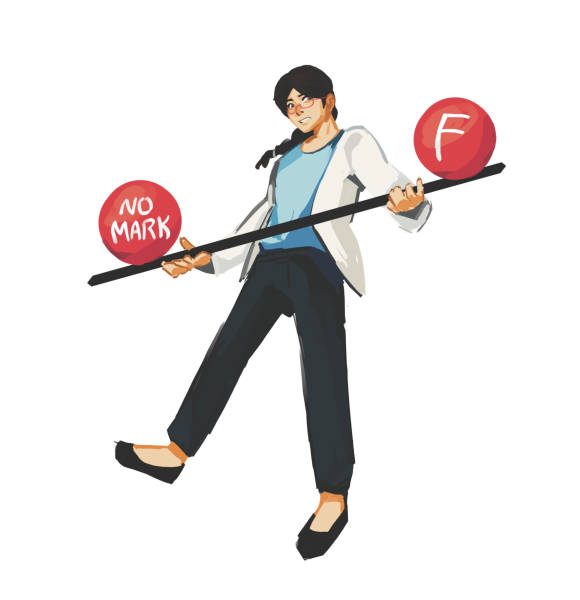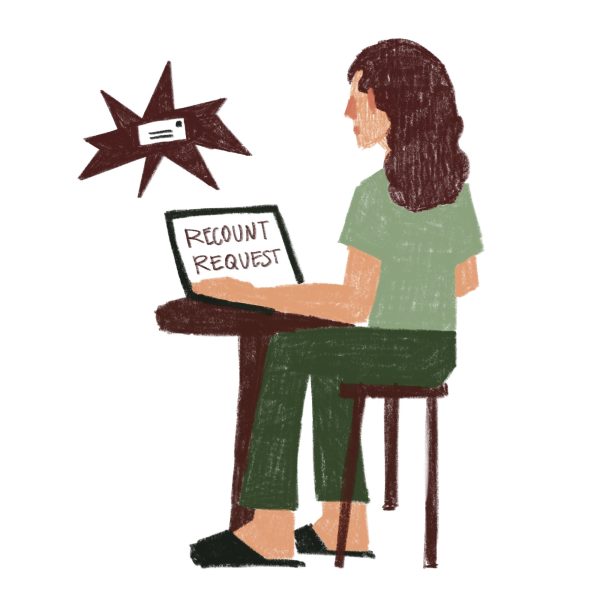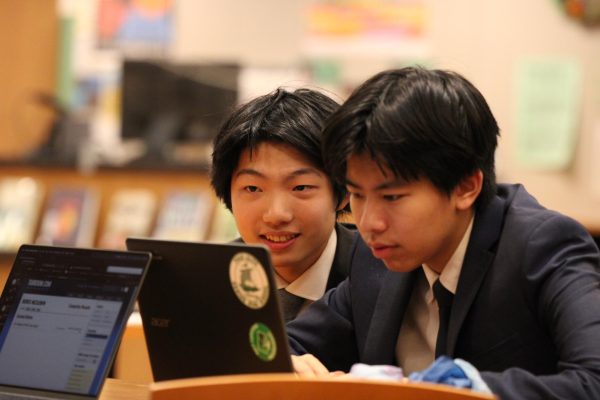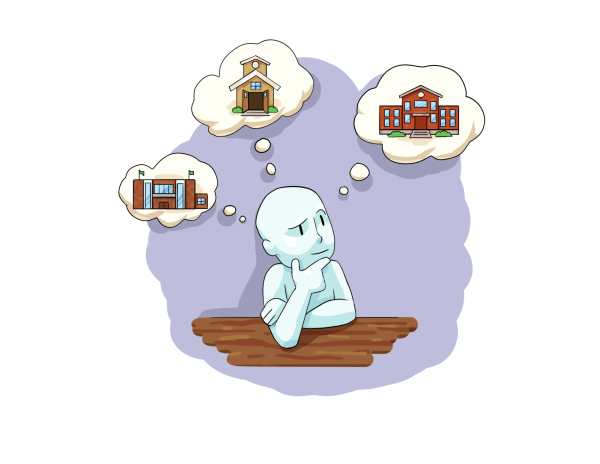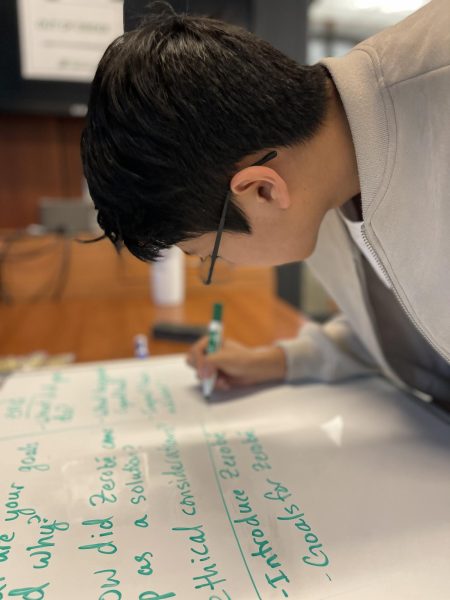Computers recognize human characteristics
Machines able to judge personality traits
A recent study performed on Jan. 12th showed that simply by looking over past Facebook likes, a computer is a better judge of someones personality than their friends and certain family members.
The study “Computer-based personality judgments are more accurate than those made by humans,” headed by researcher Wu Youyou from the University of Cambridge, concluded that based on just 70 Facebook likes, a computer could predict personality better than a friend.
With 150 likes, the computer could predict your personality better than a sibling or parent, and with only 300 likes, it could predict better than a spouse.
Because the average Facebook user records 227 likes, in many cases, a computer would be a better judge of character than a close companion.
“We [the scientists] were surprised to find that actually computers are beating us at something we excel at,” Kosinski said.
Co-author of the study Michal Kosinski from Stanford University explained how computers are so easily able to judge one’s personality.
“Machines have a couple of key advantages that make these results possible: the ability to retain and access vast quantities of information, and the ability to analyse it with algorithm techniques of ‘Big Data’,” Kosinski said.
When it comes to judging life staisfaction, computers were beaten by humans.
When they are judging the personality of another person, “humans tend to give too much weight to one or two examples, or lapse into non-rational ways of thinking,” Kosinski said
Researchers from this study described the results of this study as an “empathetic demonstration” of a computers true compatibility.
In an evolving day and age, with computers continuously playing a larger role in the lives of many, Youyou, believes that one day, computers may be able to make inferences about our physiological traits, and act based on these findings.
“In the future, computers could be able to infer our psychological traits and react accordingly, leading to the emergence of the emotionally-intelligent and socially skilled machine,” Youyou said.
The researchers from both Stanford University and the University of Cambridge agreed that this possible aspect of our technology, could raise certain concerns about the true capabilities of our technology with regards to privacy and personal information, and hold large ramifications for the future.
The researchers used a sample of 86,220 people, all of whom were connected to Facebook. They all completed a 100-item personality questionnaire through the app my Personality as well as providing the researchers access to all of their “likes” on Facebook.
The app measured what is know as the “Big Five” personality traits. These traits consisted of extraversion, openness, conscientiousness, neuroticism and agreeableness.
Through the responses, researchers were able to able to correlate certain “likes” to certain personality traits. If someone liked meditation and David Bowie, they showed signs of being liberal and artistic.
“This technology could influence who we employ, elect or even marry,” Kosinski said.
Your donation will support the student journalists of Palo Alto High School's newspaper


